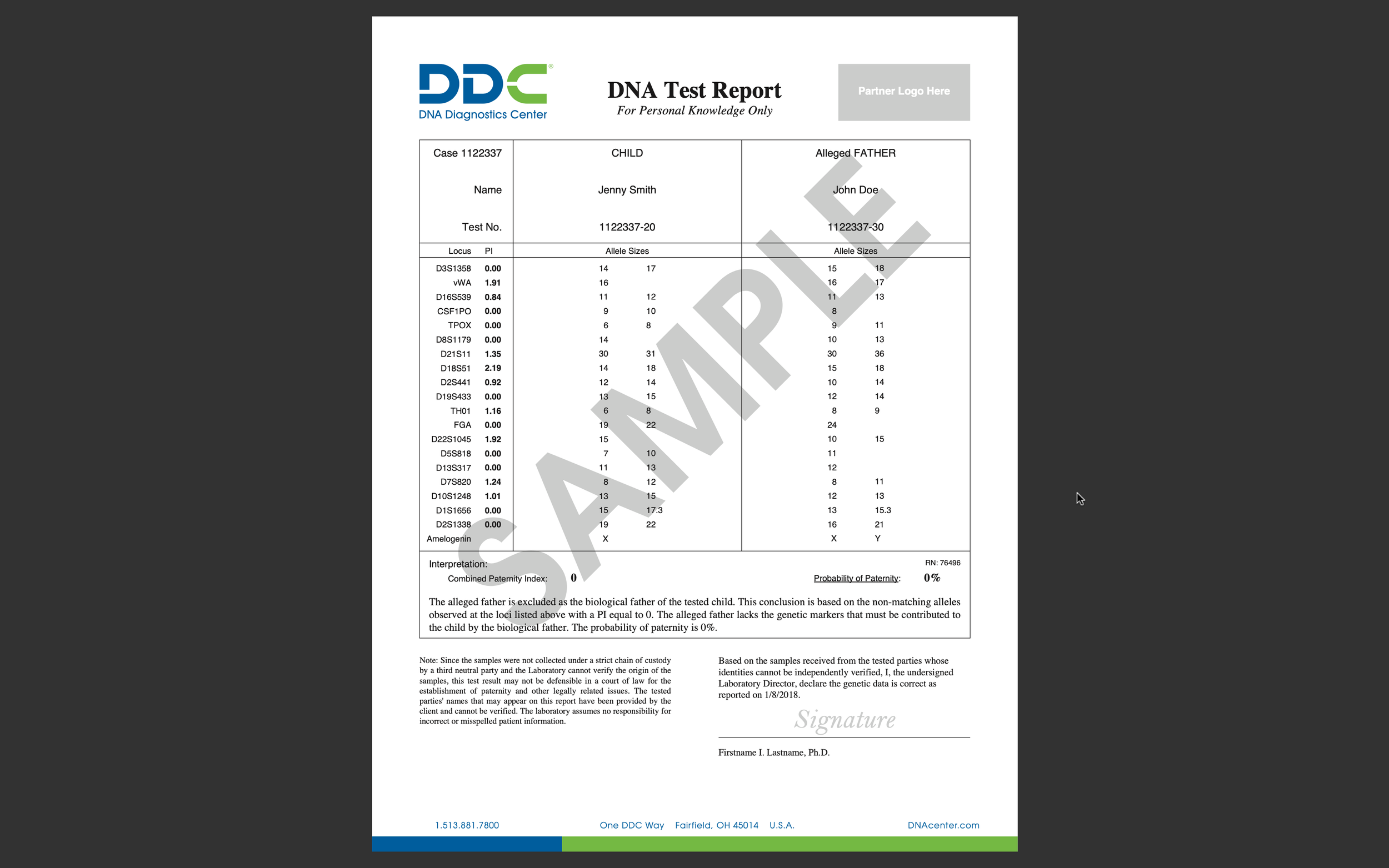Which Paternity Test is Right for You?
Choosing the Right Paternity Test
Paternity testing is a critical tool for confirming biological relationships, whether for legal purposes, immigration, or personal clarity. With so many options available, it’s important to choose the right test for your specific needs. In this guide, we’ll explore different types of paternity tests, their advantages, disadvantages, and how to determine which one is best for you.
1. At-Home Paternity Test
At-home paternity tests provide a convenient way to collect DNA samples from the comfort of your home before sending them to a lab for analysis.
Advantages:
Affordable and easy to use.
No need to visit a testing center.
Disadvantages:
Results are not legally binding.
Requires careful adherence to instructions to avoid contamination.
2. Legal Paternity Test
Legal paternity tests are designed for court use in cases involving child custody, child support, or inheritance disputes. These tests follow strict chain-of-custody procedures.
Advantages:
Court-admissible results with proper documentation.
Reliable and accurate testing conducted by accredited labs.
Disadvantages:
Higher cost due to additional legal requirements.
3. Immigration DNA Testing
Immigration DNA testing helps establish biological relationships required by immigration authorities to process visas or citizenship applications.
Advantages:
Recognized by immigration authorities worldwide.
Provides definitive proof of family relationships.
Disadvantages:
Requires additional paperwork and coordination with government agencies.
4. Family Reconstruction Testing
When the alleged father is unavailable, family reconstruction testing uses DNA from other relatives (e.g., grandparents or siblings) to determine biological relationships.
Considerations:
Useful in cases where direct paternity testing isn’t possible.
Requires multiple participants for accurate results.
5. Relationship DNA Testing
Relationship DNA testing explores broader family ties beyond immediate parent-child relationships. Grandparents, aunts, uncles, and siblings can provide samples to confirm biological connections.
Advantages:
Ideal for complex family situations or missing records.
Can help resolve disputes about familial ties.
Conclusion: Finding the Best Option
Choosing the right paternity test depends on your specific circumstances—whether you need legal documentation, personal clarity, or proof for immigration purposes. By understanding the advantages and limitations of each option, you can make an informed decision that meets your needs.
Frequently Asked Questions About Paternity Tests
What is the most affordable paternity test?
At-home paternity tests are typically the most affordable option, costing between $200–$300 depending on the provider.
Can I use at-home paternity test results in court?
No, at-home tests are not legally binding. For court use, you’ll need a legal paternity test with chain-of-custody documentation.
How long does an immigration paternity test take?
Immigration DNA tests typically take 3–5 weeks due to additional paperwork and coordination with government agencies.
Follow us on Instagram and Twitter! If you have questions about paternity tests or other DNA testing services, please contact our Client Support Center at 302-529-1789, Mon-Sunday from 8:00 AM to 9:00 PM Eastern Time. Our friendly, expert representatives are ready and happy to help. Get answers anytime by visiting our Help Center.



